What is AMEICC
Background
AEM-METI Economic and Industrial Cooperation Committee (AMEICC) was established in 1998 according to the endorsement of ASEAN-Japan Summit Meeting held in Kuala Lumpur, Malaysia in December 1997, as a body for policy consultations to discuss enhanced industrial cooperation, improvement of ASEAN's competitiveness and development cooperation assistance to the new member countries. The first meeting of the AMEICC was held in November 1998 in Bangkok. The meeting is held annually.
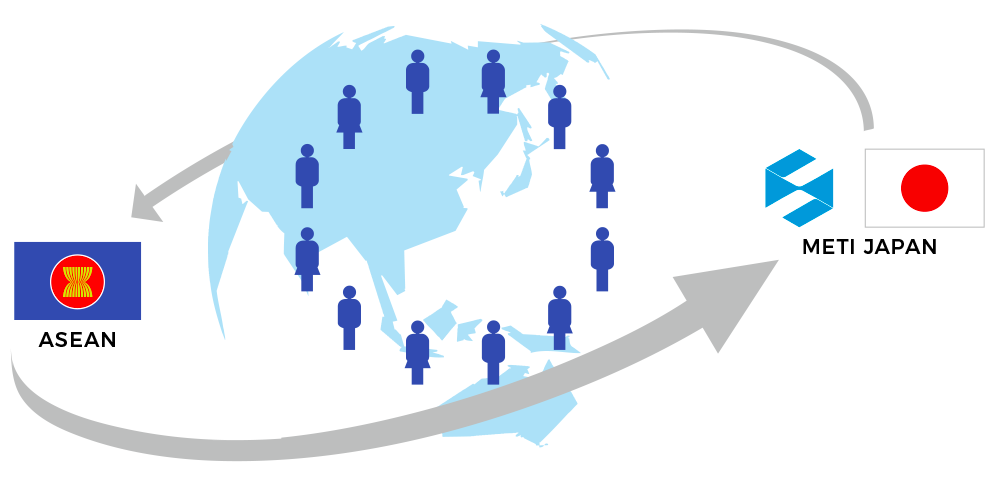
Objective
The objective of AMEICC consists of 3 pillars:
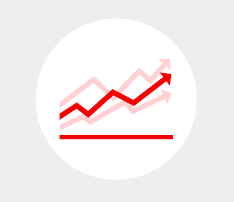
Improvement of ASEAN competitiveness
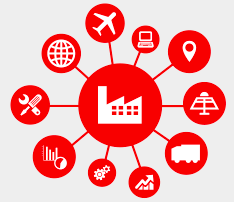
Enhancement of industrial cooperation
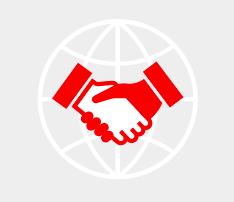
Development cooperation assistance to new ASEAN
member countries
Structure
With the support from ASEAN Secretariat and AOTS,
AMEICC secretariat operates Ministerial level, Sectorial Working Groups and
ASEAN-Japan Cooperative Projects. AMEICC make recommendations to AEM-METI.
With the support from
ASEAN Secretariat and AOTS,
AMEICC secretariat operates Ministerial level,
Sectorial Working Groups and
ASEAN-Japan Cooperative Projects.
AMEICC make recommendations
to AEM-METI.
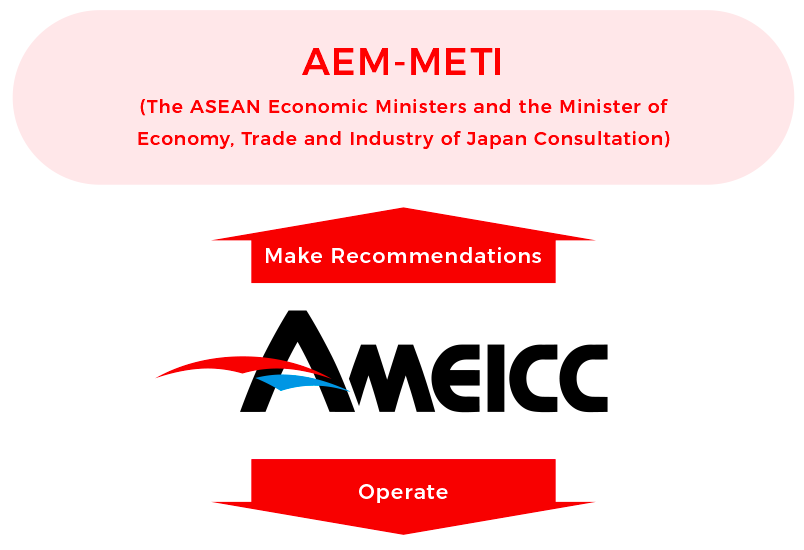
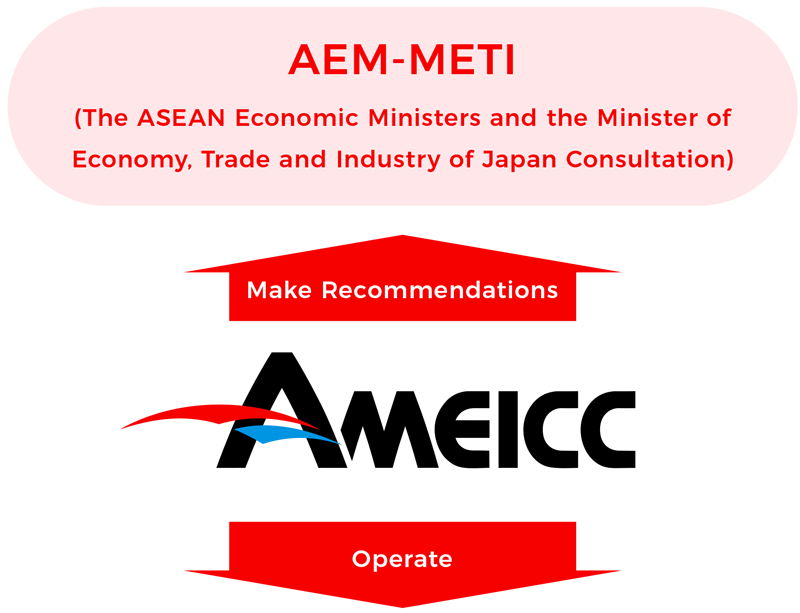

1
Discussion at
Ministerial Level
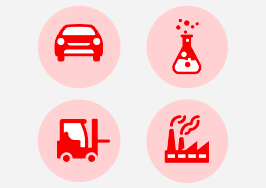
2
Sectoral
Working Groups
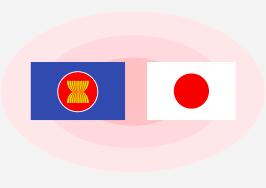
3
ASEAN-Japan
Cooperative Projects
1. Discussion at Ministerial Level
(a) The ASEAN Economic Ministers and the Minister of Economy, Trade and Industry of Japan Consultation (AEM-METI Consultations)
Since the establishment of AMEICC in 1998, the AMEICC has annually joined the AEM-METI Consultations to report the recent development of AMEICC activities under ASEAN-Japan cooperation framework being undertaken to the Ministers as well as to providing policy recommendation as necessary.
(b) Mekong-Japan Ministers Meeting(MJEMM)
Since 2009, the Mekong-Japan Economic Ministers Meeting (MJEMM) has been held yearly to promote cooperation between Mekong countries and Japan to report key deliverables to the Leaders at the Mekong-Japan Summit consequently. The AMEICC therefore acts as organizer and core secretariat of this ministerial meeting to annually report the recent key achievements made for steady implementation of concrete Mekong-Japan cooperation and update the progress and future direction of Mekong development to the Ministers.
2. Sectoral Working Groups
(a) Automobile Industry (WG-AI)
As ASEAN is the strategic manufacturing hub for Japanese automobiles, WG-AI has existed since the AMEICC was established in 1998 with the aims to enhance industrial cooperation on automotive sector, improve competitiveness of automotive industries in ASEAN, provide development cooperation assistance to CLM(Cambodia, Lao PDR, Myanmar) countries, facilitate info-exchange on related policies and future direction pertaining to automotive industry(e.g. vehicle electrification, carbon neutrality, and mobility services).
(b) Chemical Industry (WG-CI)
WG-CI aims to promote the development of the chemical industry as well as the update of chemical related regulations/policies among AMS and Japan since 1999. WG-CI has also covered issues related to ASEAN-Japan Chemical Safety Database (AJCSD) containing regulatory information on chemicals in ASEAN and Japan, along with the information exchange on environmental friendliness, plastic waste management, disaster prevention, technology transfer through technical assistance and innovative approach by chemical industry for carbon neutrality and circular economy etc.
(c) Small & Medium Enterprises
The AMEICC has joined the Joint Consultations between the ASEAN Coordinating Committee on Micro, Small and Medium Enterprises (ACCMSME) and SME Agency of Japan since 2007, aiming at enhancing the SME cooperation, improving ASEAN SME competitiveness, exchanging info among AMS on SME promotion policies, fostering SME development in rural areas in AMS as well as providing assistance to CLMV(Cambodia, Lao PDR, Myanmar and Viet Nam) countries in developing the SME.
(d) West-East Corridor Development (WEC-WG)
WEC-WG aims to narrow the development gap between the six older member states of ASEAN and CLMV (Cambodia, Lao PDR, Myanmar and Viet Nam) as well as promote the Mekong’s development in all key aspects through initiatives, action plans, work programmes etc., such as Mekong-Japan Economic and Industrial Cooperation Initiative (MJ-CI), Mekong Industrial Development Vision- MIDV (2016-2020), and MIDV 2.0 (2019-2023), along with public-private dialogue so-called Mekong-Japan Industrial Government Dialogue to be held as back to back with WEC-WG aiming to improve the business environment between Japan and Mekong countries.
3.ASEAN-Japan Cooperative Projects
Aside from the sectoral working groups, the AMEICC’s multiple projects have also been promoted under ASEAN-Japan Cooperation Framework such as follows.
Asia Digital Transformation(ADX) program: the AMEICC has supported financial support program which was designed to strengthen Asia Digital Transformation (ADX)., funded by METI Japan and one of the flagship projects among ASEAN-Japan Economic Resilience Action Plan, aims to promote digital innovation to solve various socio-economic challenges in ASEAN including ones brought by COVID-19. The program covers expenses for demonstration projects on digital technologies, jointly carried out by Japanese and ASEAN companies in various fields such as medical & healthcare, agriculture, fisheries, tourism & mobility, environment & energy, and manufacturing & HR.
Program for Strengthening Overseas Supply Chains: as one of the flagship programs among ASEAN-Japan Economic Resilience Action Plan, the AMEICC has supported financial support program, funded by METI, Japan aiming to enhance the viability of industries by strengthening supply chain resilience between ASEAN and Japan through activities including introducing equipment (related to goods with a high degree of concentration of the international production base) as well as demonstration and feasibility study.


